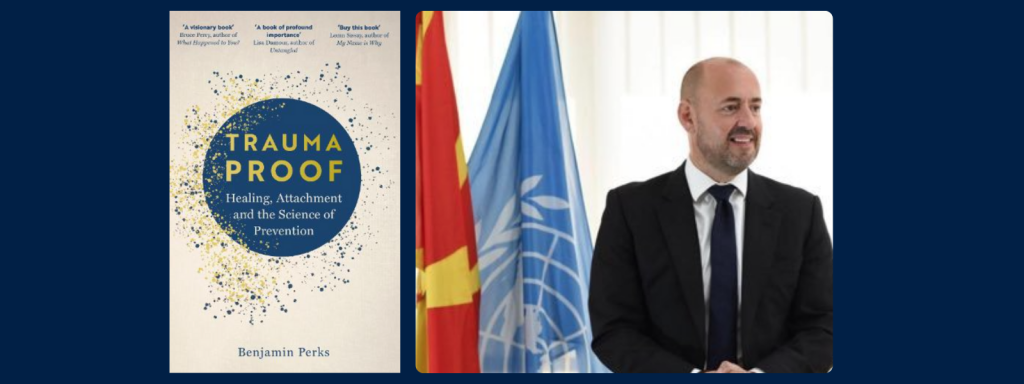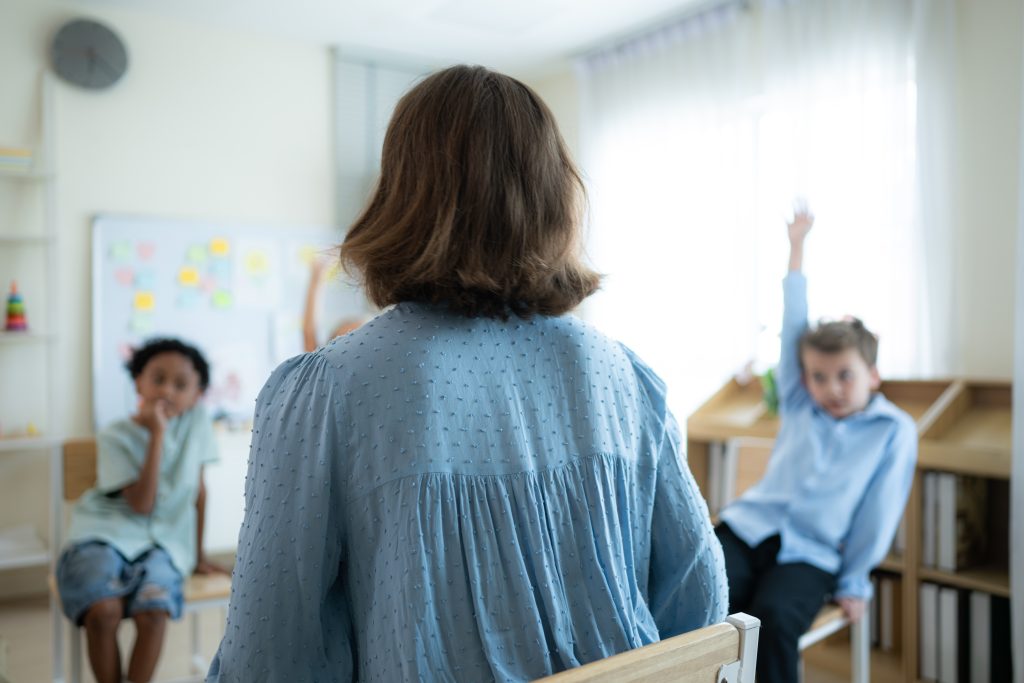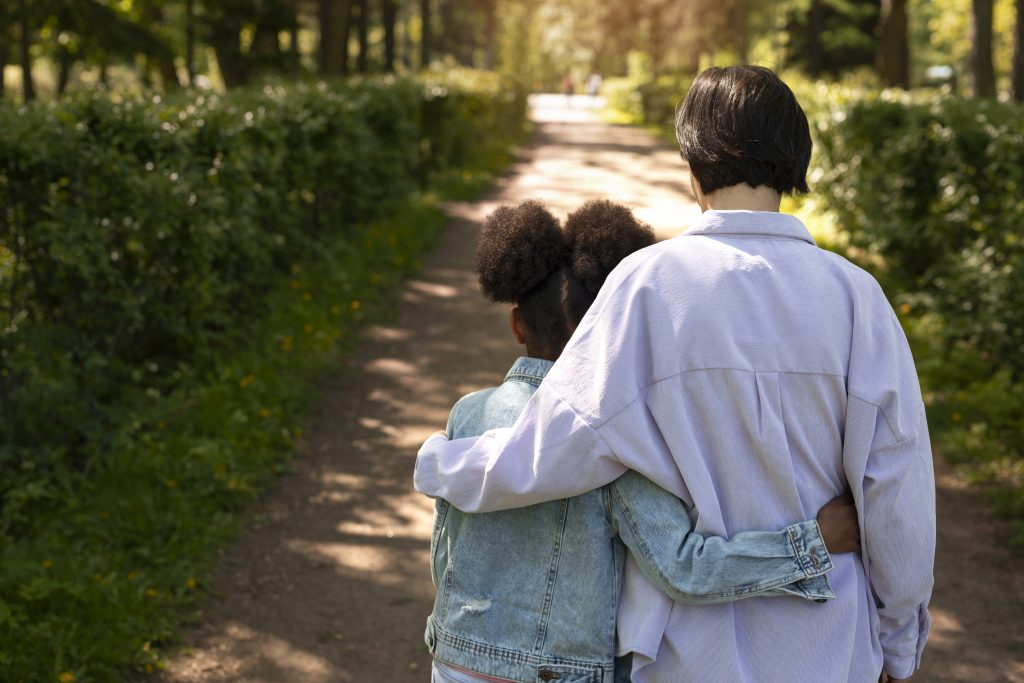
Children caring for each other: thinking about separated child migrants
“Their home was the Jungle and their family was their peers.”
(Olivia, lawyer for a charity)
Guest post by Dr Sarah Crafter (Open University) and Dr. Rachel Rosen (University College London).
In 2015, it was clear from several newspaper reports that there were a significant number of separated child migrants travelling alone or without kin, living in appalling conditions in the Calais refugee camp. Their situation was desperate but it was suggested in one television report that at least they had each other. Although the children’s care of each other has been noted by some adult stakeholders such as the filmmaker Sue Clayton (2019) and the humanitarian volunteer Liz Clegg (Crafter & Rosen, forthcoming), there has been a significant gap in the research concerning separated child migrants care for, and by, each other.
This raised a range of questions in our minds: What are separated child migrants’ experiences of care and caring for others? How do the professionals who encounter separated child migrants when they have arrived in the UK, make sense of care relationships and caring practices? How do various economic, social and political factors shape the care priorities of relevant stakeholders?
How do separated child migrants care for each other?
We looked at the way in which separated children might care for each other in our recently published article (open access). The data for this paper comes from a small pilot study where we talked to a variety of frontline staff and other professionals who encounter separated child migrants in their work. We wanted to find out more about their work with separated child migrants, how they thought about care and what they thought about children caring for each other. The adult stakeholders in our study recognised the importance of children’s care of each other, but they found it hard to articulate and we suggest this might be because the care of children by adults dominates broader views on childhood. Instead, children’s care of each other was framed as something that happens because of extraordinary and untenable circumstances. As Steph (a state social worker) explained:
“I’ve also noticed somehow they create travelling buddies…They form a relationship, even when they are…they’re travelling in the truck from Calais, it’s the two of them.”
Rose (a state social worker) commented: “They do [care for each other], they have to,”. In these commentaries, care of each other, for separated child migrants is borne out of a desperate necessity.
Our study found that policy and practice takes little heed of these potentially vital relationships despite recognising how important children’s caring of each other might be. For example, when the Calais refugee camp was dismantled and children were brought in buses to the Home Office in the UK, no attempt was made to take children’s friendships and care relationships into account when deciding what part of the country they would be placed. Katie (a staff member at an advocacy organisation) told us how this had particularly devastating effects on the girls brought into the UK. She described the scene:
“They were all being taken apart, literally being dragged apart, screaming, holding hands with their friends saying, I’m never going to see you again. Because they will have developed really, really close bonds with those girls.”
Our pilot project, on which this paper is based, provided the basis for our wider explorations into the care relationships and care practices that surround separated child migrants. Little is known about how separated child migrants care for each other as they navigate contradictory, complex, and changeable immigration and welfare systems. Nor do we know how separated children’s care for each other is understood and treated by relevant adult stakeholders, including social workers, foster carers, educators, youth workers, religious leaders, legal professionals, and policy makers.
We have just begun a project funded by the Economic and Social Research Council to explore these questions in depth. This is a collaborative project co-led by Dr. Sarah Crafter (The Open University) and Dr Rachel Rosen (UCL), alongside academic colleagues from UCL (Dr. Elaine Chase), University of Liverpool (Professor Helen Stalford), University of Northampton (Dr. Evangelia Prokopiou), University of Oxford (Dr. Ellie Ott) and University of Bedfordshire (Professor Ravi Kohl). Kamena Dorling is a consultant providing expert advice in her capacity of Head of Policy and Law at Coram’s Children’s Legal Centre.
We aim to shape understandings of separated child migrants’ care experiences and improve their treatment. We hope to enhance the practices of adult stakeholders who care for and about separated child migrants by providing opportunities to identify and develop good practice in the care of separated migrant children. Our project will provide robust evidence about separated children’s care relationships and care practices, and the implications of how these are currently understood and treated, in order to shape policy debate and development.
Contact:
Dr Sarah Crafter, Open University
Dr Rachel Rosen, University College London
References
Clayton, S. (2019). Narrating the young migrant journey: Themes of self-representation. In S.Clayton, A.Gupta, & K.Willis (Eds.), Unaccompanied young migrants: Identity, care and justice (pp. 115133). Bristol: Policy Press.
Crafter, S. & Rosen, R. (forthcoming). Care in a refugee camp: A case study of a humanitarian volunteer in Calais. In E. Fiddian-Qasmiyeh (ed.) Hospitality and Hostility in a Moving World. UCL Open Press.
Rosen, R., Crafter, S., & Meetoo, V. (online first). An absent presence: Separated child migrants’ caring practices and the fortified neoliberal state. Journal of Ethnic and Migration Studies








